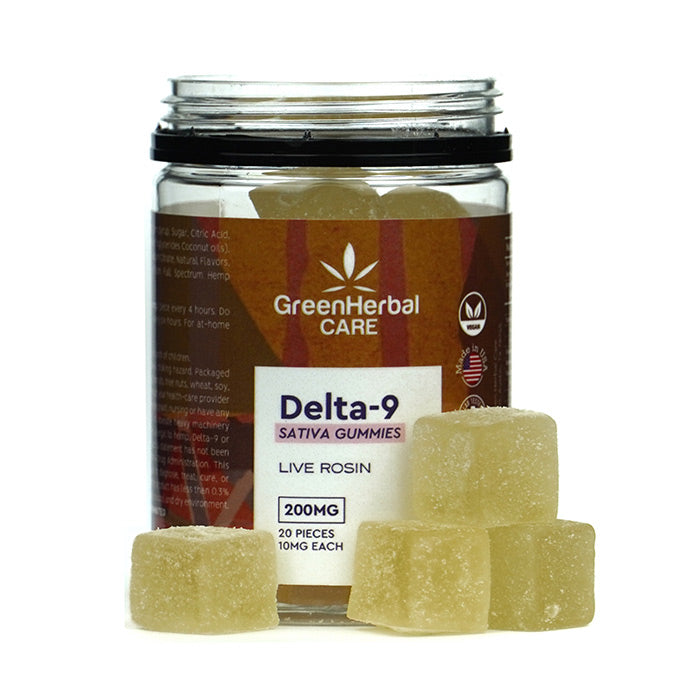How Long Delta 9 Stay In System

Understanding how long Delta-9 tetrahydrocannabinol (Delta-9 THC), the primary psychoactive component of cannabis, remains detectable in the body is crucial for individuals facing drug testing or seeking to comprehend its effects and duration.
This article will delve into the factors influencing Delta-9 THC detection windows and provide a comprehensive overview of its persistence in various bodily systems. The information is based on scientific research and expert opinions.
Factors Influencing Delta-9 THC Detection
Several factors impact how long Delta-9 THC stays in the system, making it difficult to provide a precise universal timeframe.
Dosage and Frequency of Use
Higher doses and frequent use of cannabis lead to longer detection windows.
Chronic users tend to accumulate THC in their fat tissues, resulting in a slower release and prolonged detection.
Metabolism
Individual metabolic rates play a significant role. People with faster metabolisms may process and eliminate THC more quickly.
Body Composition
THC is fat-soluble, meaning it's stored in body fat.
Individuals with higher body fat percentages may retain THC for longer periods.
Hydration and Exercise
While increased hydration can help the kidneys function more efficiently, it does not significantly expedite THC elimination.
Exercise can potentially release stored THC from fat cells, which could temporarily increase THC levels in the bloodstream.
Detection Windows in Different Testing Methods
The method of testing significantly impacts the detection window for Delta-9 THC.
Urine Tests
Urine tests are among the most common methods for detecting cannabis use.
For occasional users, THC metabolites can be detected for approximately 3-15 days. Moderate users might test positive for up to 30 days, while heavy, chronic users could test positive for more than 30 days, sometimes even up to several months.
Blood Tests
Blood tests provide a shorter detection window, typically ranging from a few hours to a few days after the last use.
Blood tests are most effective for detecting recent cannabis use.
Saliva Tests
Saliva tests generally detect THC for 24-72 hours after use.
This method is often used for roadside drug testing due to its ease of administration.
Hair Follicle Tests
Hair follicle tests offer the longest detection window, potentially detecting THC use for up to 90 days or longer.
This method analyzes the presence of THC metabolites embedded in the hair shaft. However, hair follicle tests can be influenced by external contamination and may not accurately reflect the level of usage.
Metabolism and Elimination of Delta-9 THC
When cannabis is consumed, Delta-9 THC enters the bloodstream and is metabolized by the liver.
The primary metabolite produced is 11-hydroxy-THC, which is also psychoactive. This is further metabolized into THC-COOH, a non-psychoactive metabolite that is stored in body fat and gradually released into the bloodstream. THC-COOH is what is typically detected in urine drug tests.
Elimination occurs primarily through feces and urine.
The rate of elimination depends on the individual factors discussed earlier.
Legal and Social Implications
The varying detection windows for Delta-9 THC have significant implications for employment, legal proceedings, and personal choices.
Many employers utilize drug testing as part of their hiring process or as a condition of employment. The length of time THC remains detectable can influence employment opportunities, especially in safety-sensitive roles.
In legal contexts, drug tests can impact probation, parole, and child custody cases. Accurate interpretation of test results is crucial to ensure fair and just outcomes.
Considerations and Cautions
It's important to note that home remedies and detoxification products claiming to rapidly eliminate THC are often ineffective and may even be harmful.
These products are largely unregulated and may contain undisclosed ingredients.
The only reliable way to ensure a negative drug test is to abstain from cannabis use for a sufficient period, factoring in individual metabolism, usage patterns, and the sensitivity of the testing method.
For individuals concerned about drug testing, consulting with a medical professional or legal expert is advisable to understand their rights and options.
Understanding the detection windows and influencing factors can help individuals make informed decisions regarding cannabis consumption and its potential consequences.

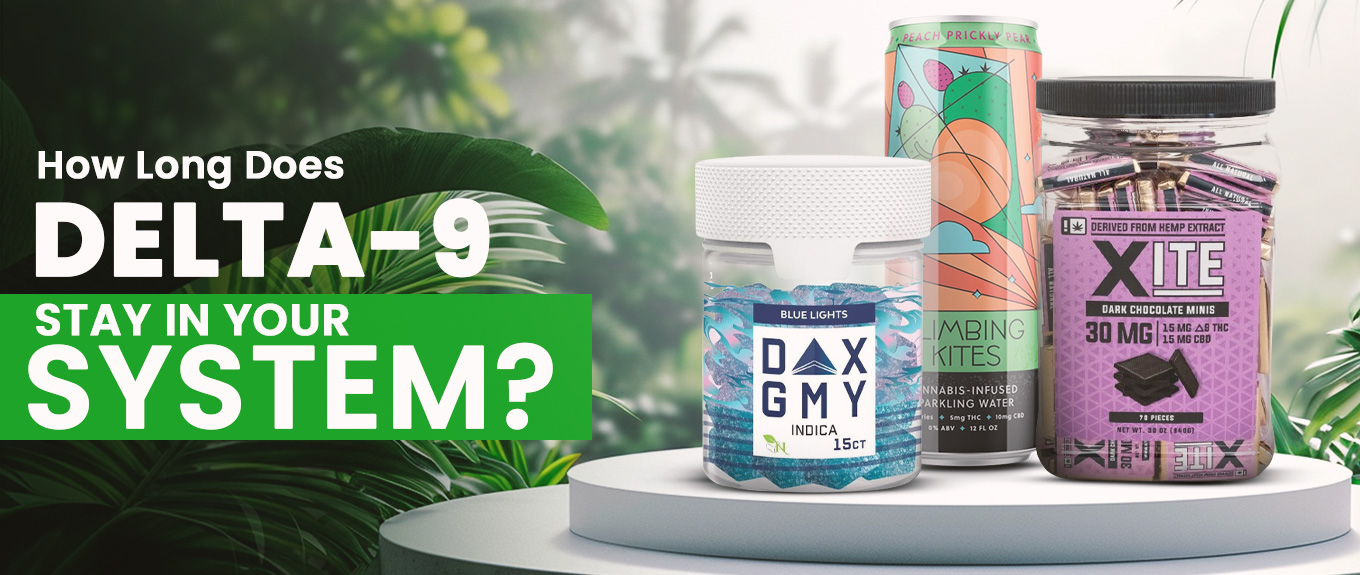



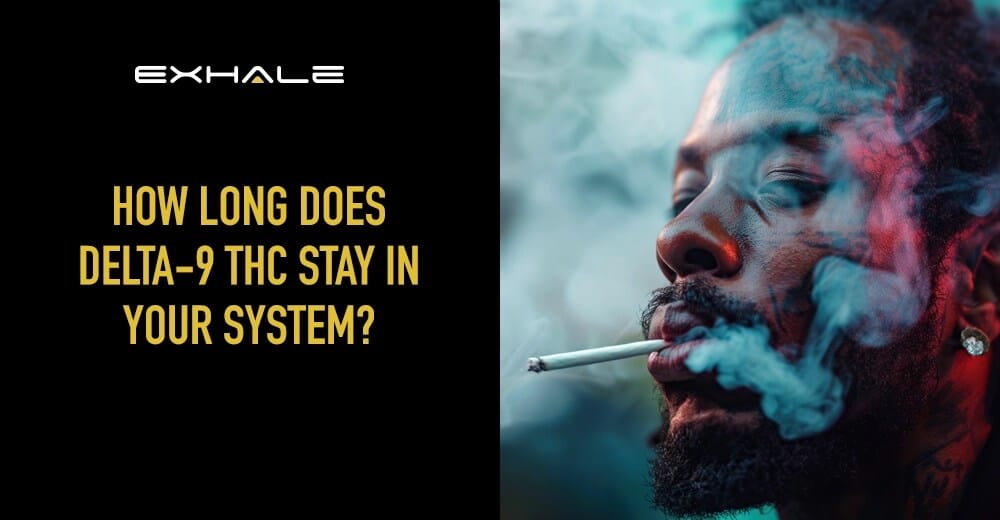

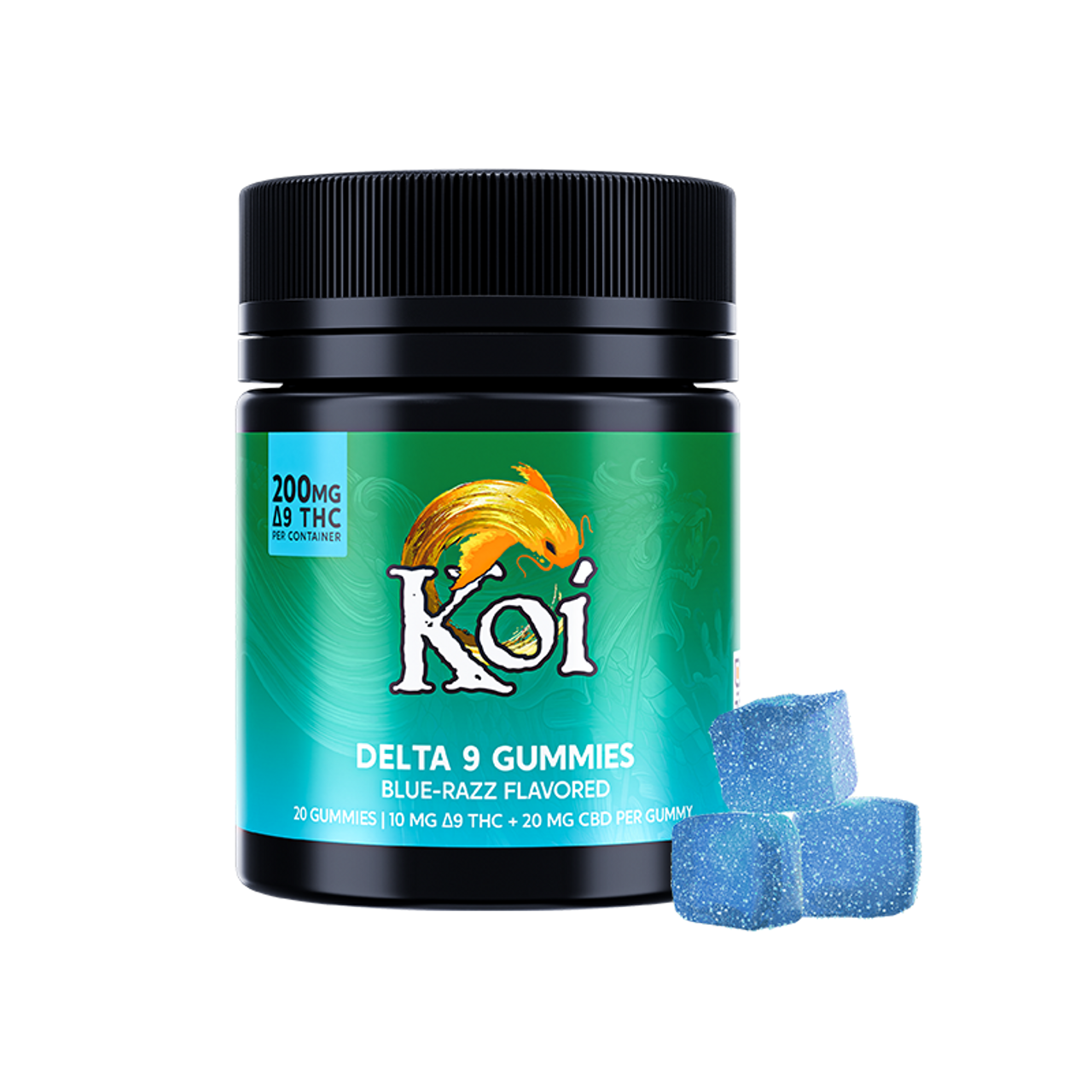

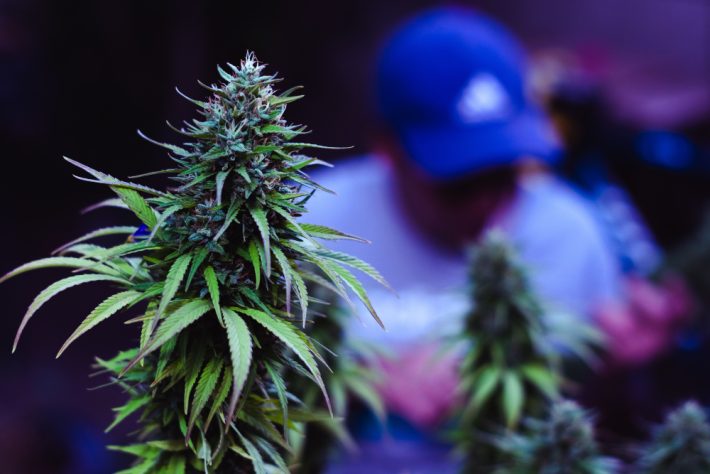





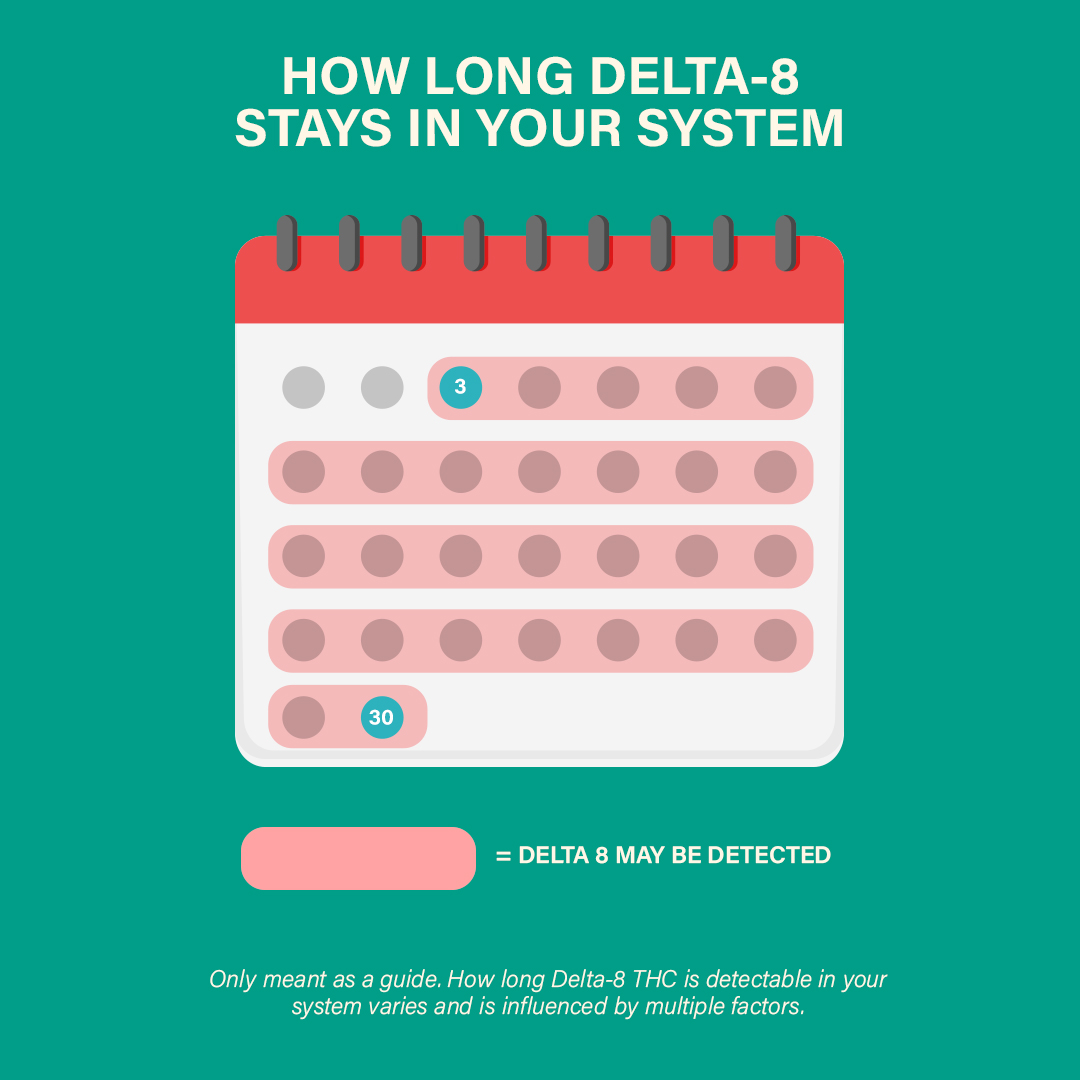
![How Long Delta 9 Stay In System How Long Does Delta 9 Stay In System? [Timeframes Revealed]](https://cdn.shopify.com/s/files/1/0695/3300/8064/files/request-for-drug-test-how-long-does-delta-9-stays-in-system.jpg)
